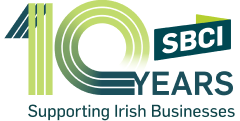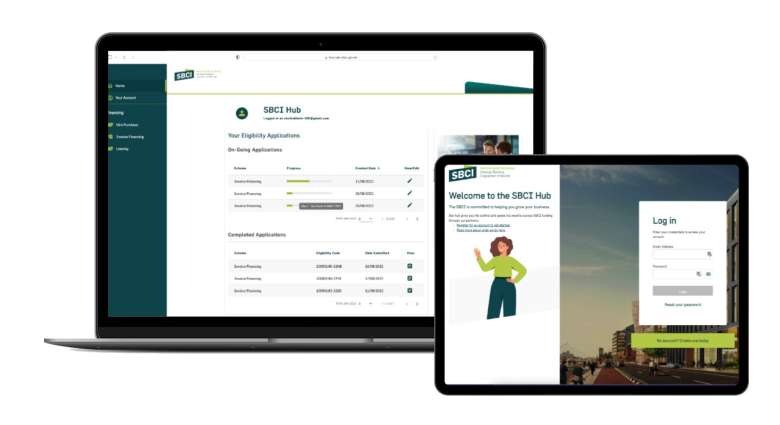The Ukraine Credit Guarantee Scheme (UCGS) is offered by the Department of Enterprise, Trade and Employment (DETE) and the Department of Agriculture, Food and the Marine (DAFM) to provide viable SMEs and Small Mid-Caps, including primary producers, impacted by economic challenges arising from the conflict in Ukraine with access to low-cost finance.
The scheme supports economic activity in Ireland, facilitating the provision of working capital and medium-term investment finance to businesses adversely impacted by the conflict in Ukraine who are facing supply chain disruptions and increased input (including energy) costs.
Borrowers will contribute to the cost of the scheme by paying a risk premium on the credit advanced. This premium will be incorporated into the margin on the loan, collected by the on-lender and paid to Government of Ireland.
Please Note - The Ukraine Credit Guarantee Scheme will close on 31 December 2024.
Please Note - AIB and Bank of Ireland are closed for new applications under the scheme.



